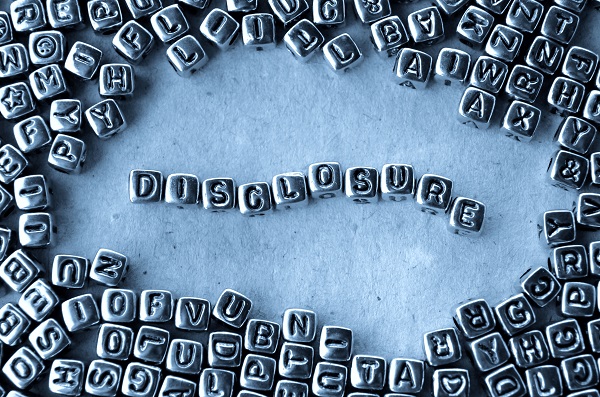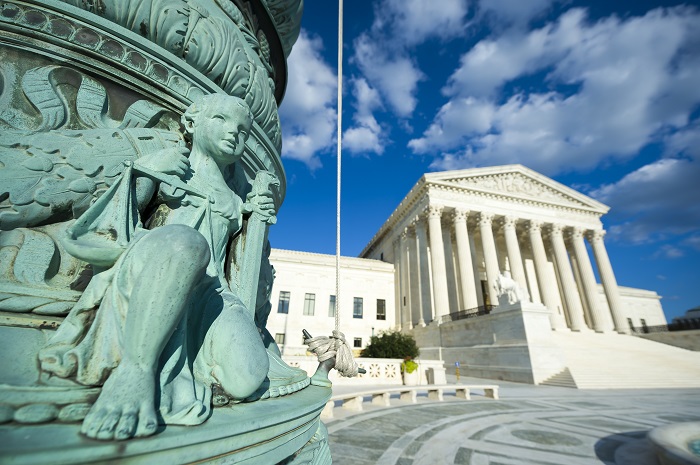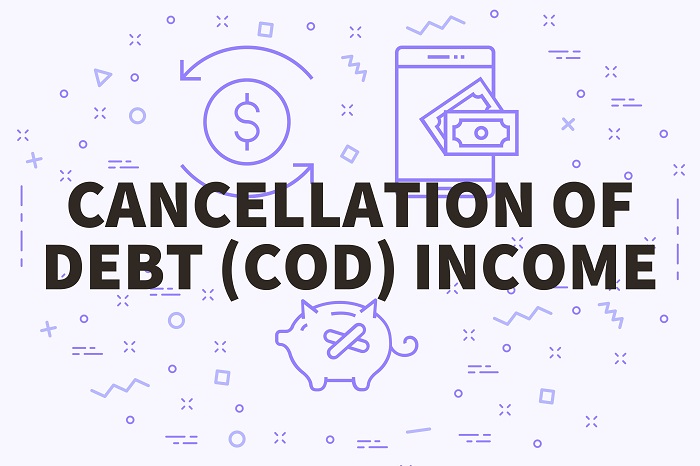It has been an extraordinary 365 days for consumer financial services law. I cannot recall a year where so many states introduced legislation or proposed regulations or rules impacting the credit industry. At the federal level, proposed rules for the Fair Debt Collection Practices Act were (finally) released and California also proposed regulations under the California Consumer Privacy Act.
Posts published in December 2019
The year 2020 offers to be an interesting one for bankruptcy litigation. With several issues before the Supreme Court, at least one will have a material effect on financial services. In addition, higher credit costs will spur an increase in the number of bankruptcy filings, both on the consumer and commercial side. With the California Consumer Privacy Act taking effect on Jan. 1, it will not be long before we see issues arising from it percolating into bankruptcy cases.
The European Union’s General Data Protection Regulation (GDPR) went into effect on May 25, 2018, and introduced privacy concepts that were new to some U.S. businesses. Fortunately, the GDPR was developed over a period of time that allowed for thoughtful deliberation and careful drafting. The California Consumer Privacy Act (CCPA), on the other hand, was speedily enacted under the threat of a ballot initiative.
The Bankruptcy Appellate Panel for the U.S. Court of Appeals for the Sixth Circuit (Sixth Circuit BAP) recently reversed a lower bankruptcy court’s ruling that rejected an objection to the confirmation of debtors’ chapter 13 plan asserted by the holder of a claim relating to vehicle financing incurred within 910 days of the bankruptcy petition (a 910 claim).
The U.S. Court of Appeals for the Fifth Circuit recently affirmed judgment against a borrower for quiet title claims brought against the owner and servicer of her mortgage loan, and entered judgment of foreclosure in the loan owner and servicer’s favor on their counterclaims for foreclosure against the borrower.
The U.S. Court of Appeals for the Second Circuit recently held that the federal False Claims Act (FCA) applies to persons who present false or fraudulent loan applications to Federal Reserve Banks (FRBs) because the latter are “agents of the United States” within the meaning of the FCA and the loan money is provided by the United States to advance a government program or interest within the meaning of the FCA.
The U.S. Court of Appeals for the Seventh Circuit recently reversed as excessive a jury’s award of $3 million in punitive damages against a mortgage servicer for inadequate recordkeeping, misapplication of payments, and poor customer service. However, the Court affirmed the jury’s award of $582,000 in compensatory damages and remanded the case to the trial court with instructions to reduce the punitive damages award to $582,000, a 1:1 ratio of compensatory to punitive damages.
The U.S. Court of Appeals for the Eleventh Circuit recently reversed the dismissal of a pro se consumer’s claims under the federal Fair Credit Reporting Act (FCRA), holding that he stated a plausible claim for relief with his allegations that the defendant creditor obtained his credit report without his consent, and failed to reasonably investigate his credit reporting disputes. However, the Court affirmed the trial court’s dismissal of the consumer’s claim under the federal Fair Debt Collection Practices Act (FDCPA) that the creditor defendant used a “false name” in attempting to collect the debt owed to it.
There is no discovery rule for federal Fair Debt Collection Practices Act claims, the U.S. Supreme Court held today. Affirming the U.S. Court of Appeals for the Third Circuit's decision in Rotkiske v. Klemm, today’s opinion also overrules an earlier ruling from the U.S. Court of Appeals for the Ninth Circuit, Mangum v. Action Collection Serv., Inc. There, the Ninth Circuit permitted FDCPA claims to run from when the plaintiff knows or has reason to know of the violation.
The U.S. Court of Appeals for the Seventh Circuit recently reversed the dismissal of a debtor’s claim under the federal Fair Debt Collection Practices Act, holding that the debtor stated a plausible claim that the dunning letter she received violated the FDCPA. Here, the Court held that the dunning letter at issue implied that the debt collector would file a 1099C form with the Internal Revenue Service, when in reality it was clear to the Seventh Circuit that the creditor would never file a 1099C form because the amount in each letter was less than $600.
The federal banking regulators and the CFPB recently issued an “Interagency Statement on the Use of Alternative Data in Credit Underwriting,” stating in sum that the agencies “encourage responsible use” of alternative data, especially in the context of credit underwriting.












